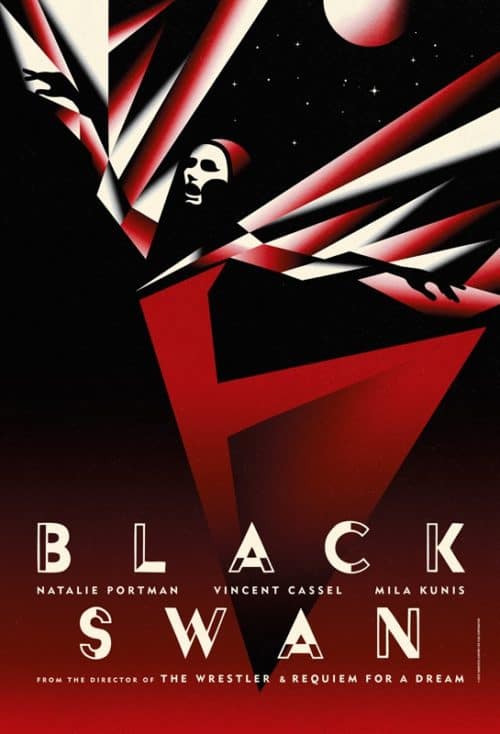
Every year there are a few movies like Ad Astra whose somewhat misleading marketing leads to audience repulsion and a quick fading from public memory. This is particularly unfortunate in Ad Astra’s case. Not only is the film beautiful and compelling, but it also features one of the great recent ambient scores by Max Richter and Lorne Balfe.
In the near future, mysterious power surges from the edge of the solar system threaten life on Earth. Astronaut Roy McBride (played by Brad Pitt) is enlisted to venture into these unknown depths and save humanity. It sounds like the premise to a big-budget action movie, bolstered by the presence of moon pirates, spaceship mutinies, and cosmic nuclear weapons. But these are minor pieces in the film. Instead, Ad Astra is largely introspective, focusing on McBride’s struggles to reconcile with his absent father while questioning how humanity can save itself from a perilous future. The score, too, mirrors this thoughtfulness.
Much of the music is meditative, with gentle repetitive sounds and droning synths layered overtop. Hypnosis sets in and the listener slowly finds themselves floating amidst deep space. Aweing images of the planets and distant stars drift by as McBride narrates his inner monologue, contemplating his childhood, his past, and his broken relationships. The score (particularly Richter’s contributions) is a vessel for contemplation.
Even scenes that would ordinarily have pummeling, pounding music instead remain stoic and calm. There are only overtones of danger: striking electronic horns and sirens that sound like the harbinger of some future army. No matter the context, Richter and Balfe’s score ensure a constant feeling of detachment to the physical world around McBride.
Unfortunately, this also leads to a general lack of diversity in the score, with most cues being variations on space-worshiping minimalism. Compounding this issue is the score’s length. Clocking in at over two hours, the score is a daunting journey, although it moves at a surprisingly quick pace, like being in a cryochamber where time seems to lose all meaning. Beefing up the runtime are licensed tracks such as Richter’s 21-minute long “Tuesday (Voiceless)” and “Says” by Nils Frahm.
It’s unclear why two composers were needed for Ad Astra, particularly when it doesn’t appear that they worked together. But the combination works, with both composers complementing each other. Though both inhabit the sphere of spacey ambience, Richter opts for a more minimalist approach (which proves the stronger, more engaging portion) while Balfe rounds out the score with a bit more variety, tension, and danger. Together they create a powerfully meditative score that manages to capture both the literal imagery onscreen as well as McBride’s ever-present ruminations.



